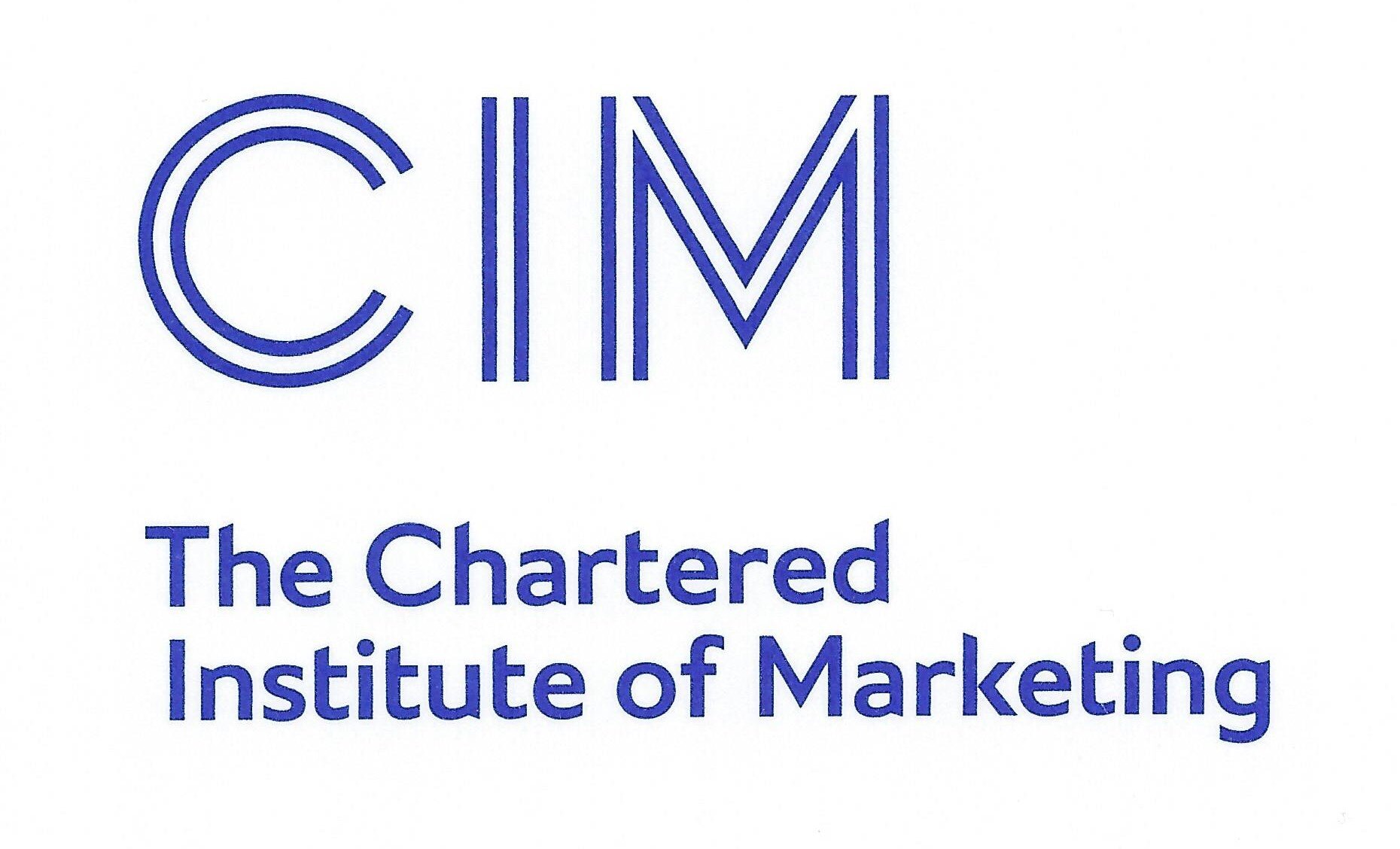One of the great mysteries of entrepreneurship is why businesses fail. Some people start one successful business after another while others fail to succeed. A business plan charts and guides the operational functions of your business; a marketing strategy charts and guides the promotion of your business. Both are vital to a successful operation. Failing to develop a marketing plan can result in budget problems, low customer volume, and, in a worst-case scenario, the closure of a business.
Here are the top 3 reasons why your business should always rely on a marketing plan in order to succeed.
Getting sloppy with the details can cost you your credibility
A cross-channel marketing campaign is like a machine – if one component isn’t working, the entire machine will fall apart. Advertising is trickier now that mobile and digital marketing are factored into the journey to conversion. There are so many online channels on which you can advertise and potentially make a mistake, negatively affecting your brand trust.
Business owners often fail to prepare for the marketing needs of a company in terms of capital required, prospect reach, and accurate conversion ratio projections. When companies underestimate the total cost of early marketing campaigns, it can be difficult to secure financing or redirect capital from other business departments to make up for the shortfall. Because marketing is a crucial aspect of any early-stage business, it is necessary for companies to ensure that they have established realistic budgets for current and future marketing needs.
Not having an extensive marketing strategy makes achieving your business goals significantly harder, because you’ll just be implementing random activities. However, a detailed plan-of-action ensures that all the time, effort, and money that you spend on marketing your business are well-spent to produce the best results for your business.
Financing Hurdles
A primary reason why businesses of all sizes fail is a lack of funding or working capital. In most instances a business owner is intimately aware of how much money is needed to keep operations running on a day-to-day basis, including funding payroll; paying fixed and varied overhead expenses, such as rent and utilities; and ensuring that outside vendors are paid on time. However, owners of failing companies are less in tune with how much revenue is generated by sales of products or services. This disconnect leads to funding shortfalls that can quickly put a small business out of operation.
A comprehensive marketing strategy includes a marketing budget. The budget helps you assess how much money you have to apply to various marketing strategies, like content marketing or PPC campaigns, and, with a tracking feature in place, it can help you calculate how many customers result from each marketing initiative. If you randomly place ads, run commercials, and print promotional materials with no real goal in mind, you can overpay and see poor results. A marketing plan that explores and defines the best marketing approaches allows you to time your PPC campaigns, buy advertising in bulk and saturate your market for the best possible returns.
Ineffective Business Planning
Some businesses overlook the importance of effective business planning prior to opening their doors. A sound business plan should include, at a minimum:
A clear description of the business
Current and future employee and management needs
Opportunities and threats within the broader market
Capital needs, including projected cash flow and various budgets
Marketing initiatives
Competitor analysis
Business owners who fail to address the needs of the business through a well-laid-out plan before operations begin are setting up their companies for serious challenges. Similarly, a business that does not regularly review an initial business plan—or one that is not prepared to adapt to changes in the market or industry—meets potentially insurmountable obstacles throughout the course of its lifetime. Also, according to Marketing Evolution, two out of three marketers believe that decisions that are based on data prove to be much better than those that are based on instincts.
Regardless of whether you’re a new business or your business has been in operation for over ten years, any company worth its salt knows that success hinges on a solid plan. After all, a business can only exist after careful financial planning and product development. Consequently, to achieve true and long-lasting success, companies must create a detailed and extensive marketing strategy. Never hesitate to turn to a specialized digital marketing agency to help you with the best business course of action. 😉

















